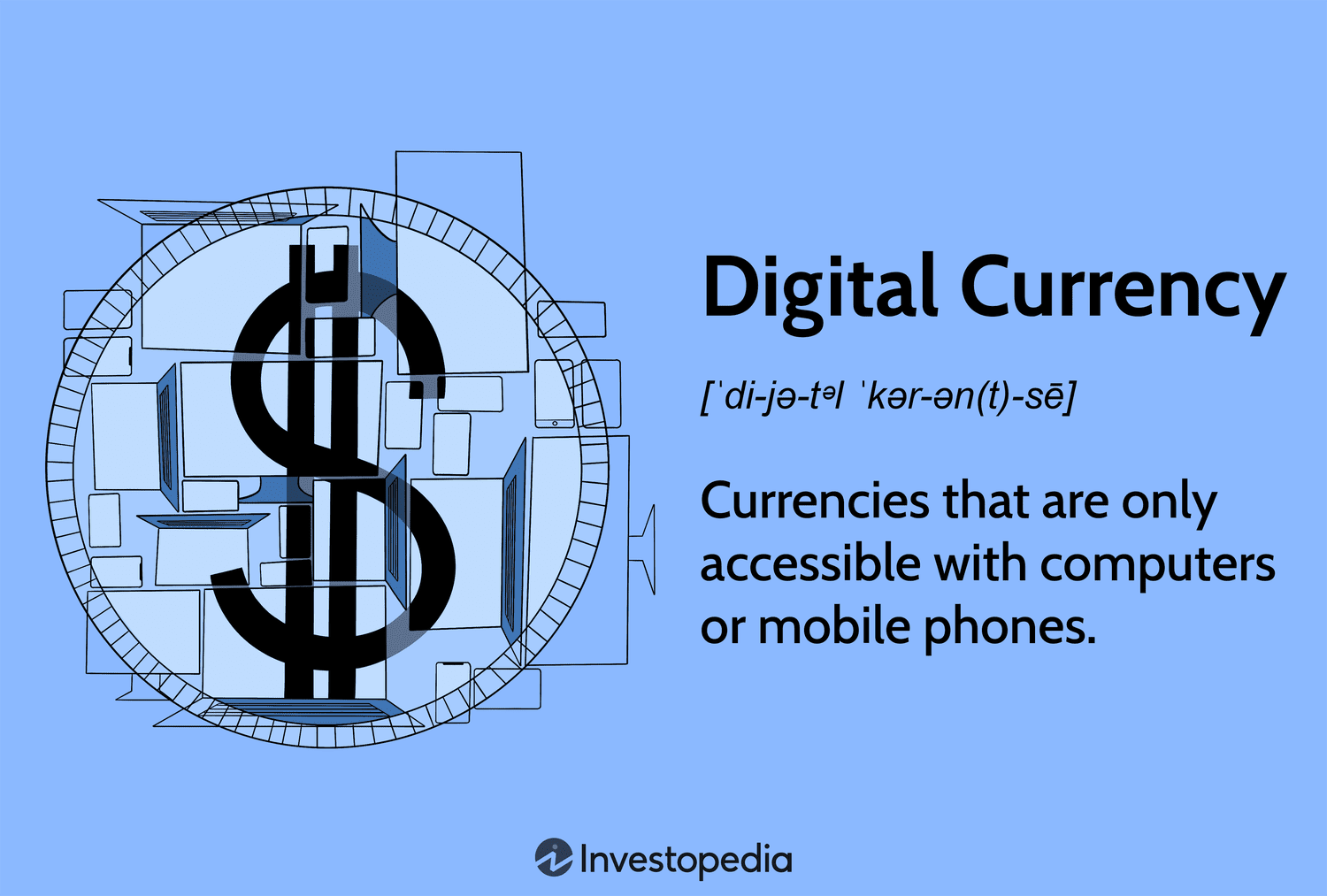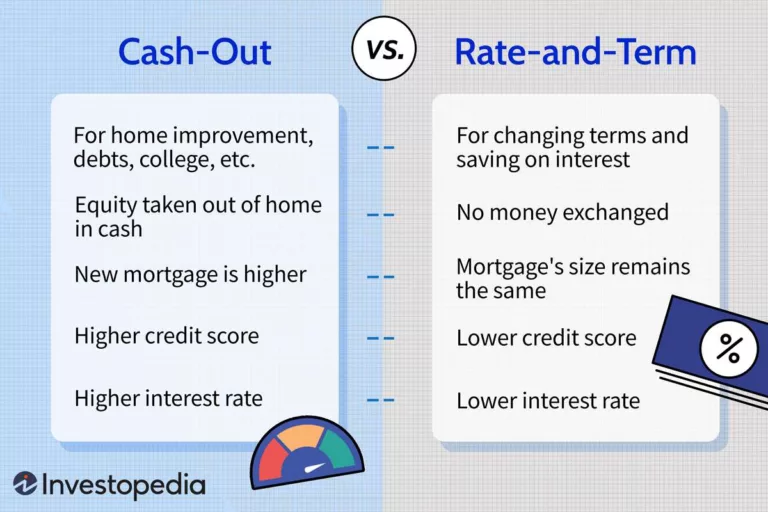Can Banks Switch Currency on Mortgage Contracts? Find Out the Facts
No, banks cannot switch currency on mortgage contracts. Mortgage contracts are typically agreed upon in a specific currency and cannot be changed by the bank without mutual consent with the borrower.
Mortgage contracts are legally binding agreements between a borrower and a bank or lender, outlining the terms and conditions of the loan. They serve as a basis for the repayment schedule, interest rate, and other relevant factors. When borrowers enter into mortgage contracts, they do so with a specific currency in mind.
This currency is generally agreed upon during the negotiation and signing process. Banks do not have the authority to unilaterally switch the currency on mortgage contracts without the borrower’s consent. This restriction ensures transparency and protects borrowers from unexpected financial consequences. We will explore the reasons behind this limitation and shed light on how mortgage contracts operate in regard to currency.
Currency Conversion In Mortgage Contracts
Banks have the ability to switch currencies on mortgage contracts, which can have significant implications for borrowers. Understanding the terms and conditions of your mortgage contract is crucial to avoid any unexpected currency conversion changes.
The Basics Of Mortgage Contracts
A mortgage contract is a legal agreement between a borrower and a lender specifying the terms and conditions of a loan used to purchase a property.
It typically includes information such as the loan amount, interest rate, repayment period, and any applicable fees or penalties. Mortgage contracts are usually written in the local currency of the country where the property is located.
In HTML, the H3 heading for this section would be: The Basics of Mortgage Contracts
Currency Options In Mortgage Contracts
When it comes to currency conversion in mortgage contracts, borrowers may have the option to choose between different currencies.
This can be particularly relevant for individuals who are purchasing property in a foreign country or for those who have income and assets in more than one currency. Choosing the right currency for a mortgage contract requires careful consideration of various factors such as exchange rates, market volatility, and financial goals.
In HTML, the H3 heading for this section would be: Currency Options in Mortgage Contracts
Pros And Cons Of Currency Switching
Switching currencies in mortgage contracts can have both advantages and disadvantages for borrowers. Let’s look at some of the pros and cons:
Pros of Currency Switching:
- Access to better interest rates: Switching to a currency with lower interest rates can potentially save borrowers money on their mortgage repayments.
- Diversification of risks: Holding a mortgage in a different currency than the one in which the borrower earns income can help diversify currency risks.
- Flexibility for international borrowers: For individuals who earn income in one currency but want to purchase property in another country, currency switching can provide more flexibility.
Cons of Currency Switching:
- Exchange rate risks: Switching currencies exposes borrowers to potential losses if the exchange rate between the loan currency and their income currency fluctuates unfavorably.
- Transaction costs: Converting currencies can involve fees and transaction costs, which may reduce the financial benefits of switching currencies.
- Complexity: Dealing with multiple currencies and exchange rate fluctuations can add complexity to managing mortgage repayments and financial planning.
In HTML, the H3 heading for this section would be: Pros and Cons of Currency Switching
Legal Considerations
When entering into a mortgage contract, it is important for both borrowers and lenders to consider the legal implications of switching currency. An understanding of the applicable laws and regulations, as well as the contractual terms and conditions, can help navigate any potential issues that may arise during the process. This section will explore the essential legal considerations involved in switching currency on mortgage contracts, including the relevant laws, contractual obligations, and potential legal implications.
Applicable Laws And Regulations
Switching currency on mortgage contracts is subject to various laws and regulations that differ from country to country. It is crucial for both parties to be familiar with the specific regulations governing their jurisdiction. Some common areas to consider include:
- Foreign exchange regulations: Understanding the regulations regarding currency conversion and exchange rates is essential to ensure compliance.
- Consumer protection laws: These laws provide safeguards for borrowers and may include provisions related to currency conversion.
- Banking and finance regulations: Regulations that govern the banking industry may impact the ability of banks to switch currency on mortgage contracts.
By being aware of the applicable laws and regulations, borrowers and lenders can ensure they are acting within the legal framework.
Contractual Terms And Conditions
The terms and conditions specified in the mortgage contract should be thoroughly reviewed before considering a currency switch. These terms may include clauses related to currency conversion, exchange rates, and any fees or penalties associated with the process. It is essential to understand the implications of these contractual provisions and seek legal advice if necessary. Some key considerations to keep in mind include:
- Currency conversion terms: The contract should outline the specific procedures and requirements for switching currency.
- Exchange rate provisions: The contract may include provisions specifying how exchange rates will be determined and any associated risks.
- Fees and penalties: Borrowers should be aware of any fees or penalties they may incur by switching currency.
By carefully reviewing the contractual terms and conditions, borrowers can make informed decisions regarding a potential currency switch and mitigate any potential risks or unforeseen costs.
Potential Legal Implications
The decision to switch currency on a mortgage contract may have various legal implications for both borrowers and lenders. These implications could include:
- Contractual disputes: If either party fails to meet their obligations under the contract, it may result in a dispute that requires legal resolution.
- Fraud and misrepresentation: Any fraudulent or misleading practices related to the currency switch could lead to legal consequences.
- Regulatory violations: Failing to comply with applicable laws and regulations could result in penalties or fines imposed by regulatory authorities.
It is crucial for both parties to understand the potential legal implications involved in switching currency on a mortgage contract and to seek legal advice if needed.
Factors To Consider
Consider several important factors before deciding if banks can switch currency on mortgage contracts. This includes analyzing laws and regulations, understanding potential risks, and seeking professional advice to ensure a smooth transition.
Factors to Consider When it comes to mortgage contracts in foreign currency, banks have the ability to switch currency depending on various factors. It’s important to carefully evaluate these factors before making any decisions. In this section, we will explore three key factors that should be taken into consideration when contemplating a currency switch on mortgage contracts. These factors include exchange rate volatility, economic and political stability, and the financial implications of such a decision.Exchange Rate Volatility
Exchange rate volatility plays a crucial role in determining whether banks can switch currency on mortgage contracts. Fluctuations in exchange rates can have a significant impact on the amount of money borrowers owe in their loan. It is essential to analyze the historical data of exchange rates between the current currency and the new currency in order to assess the potential risks and benefits. A higher volatility may expose borrowers to greater financial uncertainty, while a more stable exchange rate could provide a safer option. To make an informed decision, it is advisable to consult with financial experts or use online tools that can help predict potential currency fluctuations.Economic And Political Stability
The stability of a country’s economy and its political landscape should also be considered before banks switch currency on mortgage contracts. Economic instability, such as high inflation rates or a struggling economy, can impact the borrowing power of individuals and ultimately affect their ability to repay the mortgage. Likewise, political instability, such as changes in government or policies, can introduce uncertainties that might impact the currency value and overall economic climate. Conducting thorough research and staying updated on news related to the economic and political situations of both currencies involved is essential in making an informed decision.Financial Implications
Switching currency on mortgage contracts can have significant financial implications. It’s crucial to carefully evaluate these implications before making a decision. One important consideration is the potential impact on the monthly mortgage payments. A change in currency may result in fluctuations in the amount borrowers need to pay, which can make budgeting more challenging. Additionally, it’s important to consider any fees or charges associated with the currency switch, such as exchange rate conversion fees or administrative costs. To fully understand the financial implications, borrowers should consult with their bank or seek advice from financial advisors who specialize in foreign currency transactions. In conclusion, when considering a currency switch on mortgage contracts, it is essential to evaluate exchange rate volatility, economic and political stability, and the financial implications involved. Making an informed decision can help borrowers mitigate risks and ensure that their mortgage is aligned with their financial goals and circumstances.
Credit: www.rocketlawyer.com
Customer Perspectives
Switching the currency on mortgage contracts is a decision that banks can make, but how does it impact the customers? Let’s take a look at the customer perspectives when it comes to this potential change.
Benefits For Borrowers
Switching currency on mortgage contracts can bring several benefits for borrowers. Here are some key advantages:
- Lower interest rates: In some cases, switching to a different currency can help borrowers secure a lower interest rate, resulting in reduced monthly mortgage payments.
- Hedge against currency fluctuations: For individuals who have mortgages in foreign currencies, switching to their local currency can provide protection against unpredictable exchange rate fluctuations, reducing financial risks.
- Improved financial stability: Switching to a more stable currency can help borrowers plan their finances more effectively, knowing their mortgage payments will remain consistent.
Risks And Concerns
While there are benefits, customers should also be aware of the potential risks and concerns associated with switching currency on their mortgage contracts:
- Exchange rate risk: If the borrower’s local currency weakens against the currency of the mortgage contract, their monthly payments could increase, creating a potential financial burden.
- Additional fees and charges: Switching currency may involve certain fees and charges, such as currency conversion fees or administrative expenses, which should be carefully considered before making a decision.
- Legal and contractual implications: Changing the currency on a mortgage contract may require amending the original agreement and could involve legal processes or additional paperwork.
Case Studies
Looking at real-life examples can provide valuable insights into how the currency switch can impact borrowers. Here are a couple of case studies:
Case Study 1: John’s Lower Interest Rate
John recently switched his mortgage from euros to his local currency. As a result, he was able to secure a lower interest rate, reducing his monthly payments by 15%. This allowed John to allocate those saved funds towards other financial goals.
Case Study 2: Maria’s Exchange Rate Risk
Maria switched her mortgage from dollars to her local currency. However, over time, her local currency depreciated against the dollar, increasing her mortgage payments by 20%. This unexpected change put a strain on her monthly budget and highlighted the importance of considering exchange rate risks.
Banking Industry Perspectives
The banking industry plays a crucial role in facilitating currency switching on mortgage contracts. Understanding the motivations for currency switching, the lending policies and guidelines in place, and industry best practices can give us valuable insights into how banks handle these transactions.
Motivations For Currency Switching
There are several factors that motivate borrowers to request currency switching on their mortgage contracts. These motivations can vary from one borrower to another, but commonly include:
- Desire to take advantage of lower interest rates in a different currency
- Need to hedge against currency fluctuations and mitigate potential risks
- Accessing a currency with more favorable economic conditions
- Changing financial circumstances or goals that align better with a different currency
In response to these motivations, banks assess each borrower’s request for currency switching based on their individual circumstances and financial stability.
Lending Policies And Guidelines
Banks have specific lending policies and guidelines in place to manage loan transactions involving currency switching. These policies are designed to assess the creditworthiness of the borrower and evaluate the associated risks. Some key considerations include:
- Evaluating the borrower’s credit history and ability to meet mortgage repayments
- Assessing the potential impact of currency fluctuations on the borrower’s ability to repay the loan
- Determining the loan-to-value ratio and acceptable levels of borrower equity
- Considering any legal and regulatory requirements related to currency switching
By adhering to these lending policies and guidelines, banks can ensure responsible lending and mitigate potential risks associated with currency switching.
Industry Best Practices
Within the banking industry, there are established best practices that banks can follow when handling currency switching on mortgage contracts. These practices include:
- Providing clear and transparent information to borrowers about the advantages, risks, and costs associated with currency switching
- Conducting thorough assessments of borrower eligibility and financial stability before approving currency switching requests
- Offering a range of currency options to borrowers, providing flexibility to meet individual needs
- Communicating effectively with borrowers throughout the currency switching process, ensuring understanding and managing expectations
- Following appropriate risk management strategies to minimize potential losses and protect the interests of both the borrower and the bank
By adhering to these best practices, banks can navigate the complexities of currency switching and provide a secure and reliable service to borrowers.

Credit: squareup.com
:max_bytes(150000):strip_icc()/Blockchain_final-086b5b7b9ef74ecf9f20fe627dba1e34.png)
Credit: www.investopedia.com
Frequently Asked Questions Of Can Banks Switch Currency On Mortgage Contracts
Can A Bank Switch Currency On Your Mortgage?
Yes, a bank can switch the currency on your mortgage. However, this is subject to the terms and conditions set by the bank.
What Happens To Your Mortgage If The Currency Changes?
If the currency changes, your mortgage may be affected. The value of your mortgage can go up or down based on the exchange rate. This can impact your monthly payments and the total amount you owe. It is important to consider currency fluctuations when taking out a mortgage.
What Voids A Mortgage Contract?
Not making mortgage payments, breach of contract agreements, or engaging in fraudulent activities can void a mortgage contract.
Can A Bank Transfer Your Mortgage?
Yes, a bank can transfer your mortgage to another financial institution. This can happen if the bank sells your loan or if you choose to refinance with a different lender.
Conclusion
To summarize, banks have the ability to switch currency on mortgage contracts, giving borrowers the option to choose currencies that best suit their needs. This flexibility can bring advantages such as lower interest rates, reduced risk exposure, and increased purchasing power.
However, it is crucial for borrowers to thoroughly understand the terms and conditions of such contracts and consider potential exchange rate fluctuations. By making informed decisions, individuals can potentially benefit from currency switching in their mortgage contracts.




